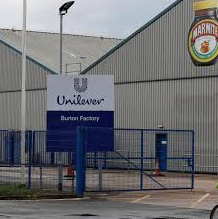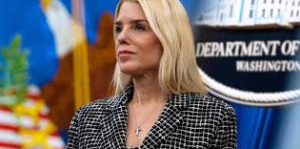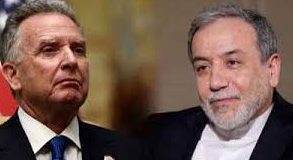Advisory vote rejects remuneration packages, while activists challenge the company’s climate and sustainability efforts.
Unilever is under fire after 58% of shareholder votes opposed its executive pay packages during the company’s annual general meeting (AGM) in Leatherhead on Wednesday. Despite the opposition, the advisory vote does not legally prevent the company from proceeding with the proposed remuneration deals.
The contentious pay package awarded Chief Executive Alan Jope €5.4 million (£4.75 million), including a €3.7 million (£3.26 million) bonus. Finance Chief Graeme Pitkethly received €3.8 million (£3.35 million), with a €2.58 million (£2.27 million) bonus included.
Investor advisory group PIRC had recommended a vote against the remuneration package, criticising Mr Jope’s salary as excessive, noting it is 113 times the average employee’s pay—far beyond the suggested benchmark of 20 times higher. PIRC also raised concerns about bonuses for directors fulfilling routine responsibilities that should not warrant additional rewards.
Unilever responded with a statement: “While the board is pleased that all other resolutions were carried with large majorities, we are disappointed that the advisory vote on the Directors’ Remuneration Report was not passed. We are committed to shareholder engagement and will consult over the next few months to listen carefully to feedback and determine any next steps.”
In addition to the pay controversy, the AGM drew criticism from environmental activists, including Friends of the Earth, who staged a protest outside the meeting before joining as shareholder representatives. They urged Unilever to adopt stricter climate policies, demanding at least a 45% reduction in CO2 emissions by 2030 in alignment with international climate agreements.
The group also raised concerns about Unilever’s links to Astra Agro Lestari (AAL), an Indonesian palm oil producer accused of land and human rights abuses. Clare Oxborrow, senior sustainability analyst at Friends of the Earth, remarked: “The board acknowledged the critical nature of these issues, but we want them to act more decisively as a global leader in sustainability. Companies can no longer rely on business models that harm the environment.”
Unilever’s leadership assured stakeholders that sustainability remains a priority, though activists stressed the need for greater urgency in addressing environmental and human rights concerns.








